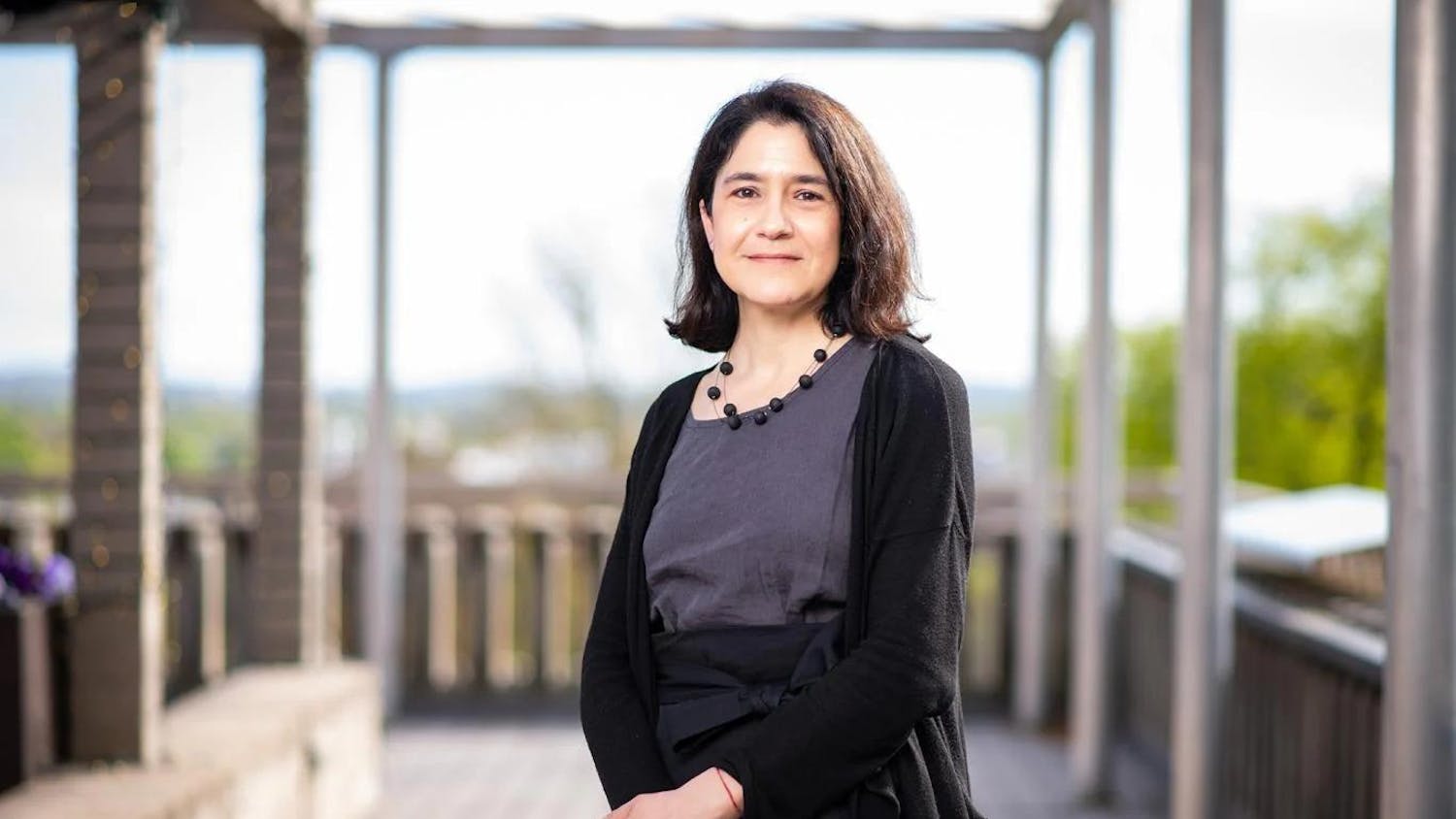Tufts last Thursday through Saturday hosted the third annual Barack Obama and American Democracy conference, which focused on national and global dialogue about issues of race, civil rights and democracy.
The conference panelists discussed Obama's impact on healthcare, active citizenship and civic engagement, and the conference examined and critiqued both the past and present through the lens of Obama's presidency.
"The conference's main mission is really to ignite a research-based dialogue/discussion that can even impact policy debates on the international, global and local level," Professor of History Peniel Joseph, founder of the conference, said.
The sponsors of the conference included the Office of the Provost, the Dean of the School of Arts and Sciences, the Jonathan M. Tisch College of Citizenship and Public Service, the Tufts Diversity Fund, the Fletcher School of Law and Diplomacy, Tufts Clinical and Translational Science Institute and the Institute for Global Leadership (IGL), according to Joseph.
Senior Theresa Sullivan, a former student of and research assistant to Joseph, coordinated the conference.
The conference came on the heels of the university's announcement of the establishment of the Center to Study Race and Democracy, of which Joseph is the founding director.
"We started this conference in 2010, and we had a conference that was very well attended," Joseph said. "It was from [the first Obama Conference] that the idea for the Center for the Study of Race and Democracy [came]."
Sullivan anticipates that the Center will lead to new research opportunities for faculty and staff.
The conference on Friday morning featured a panel titled "From Michelle Obama to Michele Bachmann: Gender Matters in the Obama Era."
The panel was facilitated by Joseph and featured speeches by panelists Associate Professor of History at Case Western Reserve University Rhonda Williams, Associate Professor of African American Studies at the University of Maryland College Park Sharon Harley and Assistant Professor of Writing, Literature and Publishing at Emerson College Kim McLarin.
The panel explored the subject of gender relations in the United States, in particular how they have evolved since and throughout the Civil Rights Movement.
Harley spoke of how remarkable it is that a black woman — First Lady Michelle Obama — is now one of the defining figures in Washington, D.C. This is in contrast, she said, to the D.C.'s most prominent black female from fifty years ago, Odessa Madre — a mob queen who operated several brothels around town — as well as other prominent black women from the 20th century, including singers Etta James and Ida Cox.
"Michelle Obama fits this model of black ladyhood," Harley said.
She also stressed that it takes more than feminism to succeed in today's political world. She cited Michele Bachmann's underperformance in the campaign for the Republican presidential nomination in order to illustrate this point.
"Michele Bachmann tried playing the model of white women femininity, but in a patriarchal society, that wasn't enough to get her elected," Harley added.
Like Harley, Williams also spoke highly of Michelle Obama. Williams described her as "the mega-progressive." Her lecture analyzed numerous cultural depictions of Michelle Obama, some of which mocked her campaign against child obesity and some of which applauded her for staying physically fit throughout her time in the White House.
"She still appears at ease in the role of First Lady," Williams said.
Temple University Professor Emeritus Sonia Sanchez, a poet associated with the Black Arts Movement, was the keynote speaker on Saturday morning.
She reflected on her journey from a relatively quiet childhood in Birmingham, Alabama, in a society that she said was shaped by white oppression, to her work as an activist, for which she demonstrated in the streets for reasons parallel to the current Occupy movement in calling for a more equitable distribution of wealth.
She also described her early experiences as an educator.
"I didn't know what I was doing when I first started to teach at university," she said.
She said an encounter with the FBI for teaching the works of authors such as W. E. B. Du Bois and Marcus Garvey led her to change the way she taught literature by focusing on teaching the sociology and economics of black literature.
At the Saturday morning panel titled "Civic Engagement and the Media in the Age of Obama," facilitated by Joseph, panelists discussed the Obama presidency in the context of civic engagement and the media.
Peter Levine, research director of the Jonathan M. Tisch College of Citizenship and Public Service and director of the Center for Information and Research on Civic Learning and Engagement, noted the significance of the "trifecta" — talking, working and relationship building — in America.
Professor of Psychology Sam Sommers discussed racial issues in a "post-racial" society.
He discussed a survey in which 200 people — 100 white and 100 black — answered questions regarding how racial attitudes toward black and white people were developing over the past few decades. In terms of racial antagonism toward black people, both groups noted a steep decline in racial antagonism over the past decades, with black participants reporting slightly more than white participants.
When asking about racial antagonism toward white people, however, white people reported that anti-white racism in America had increased sharply and in fact surpassed racism towards African-Americans.
Josh Weiner and Andy Wong contributed reporting to this article.





